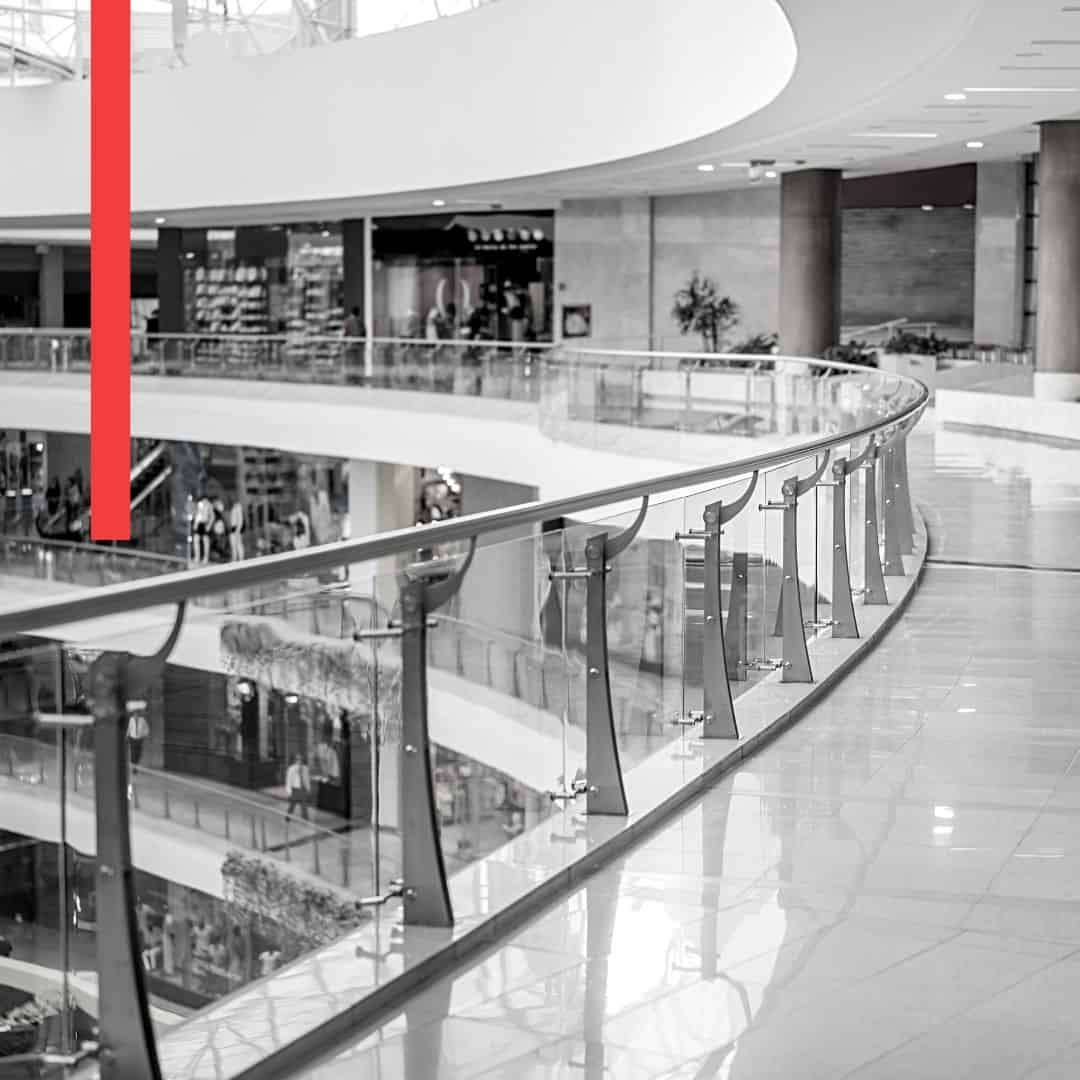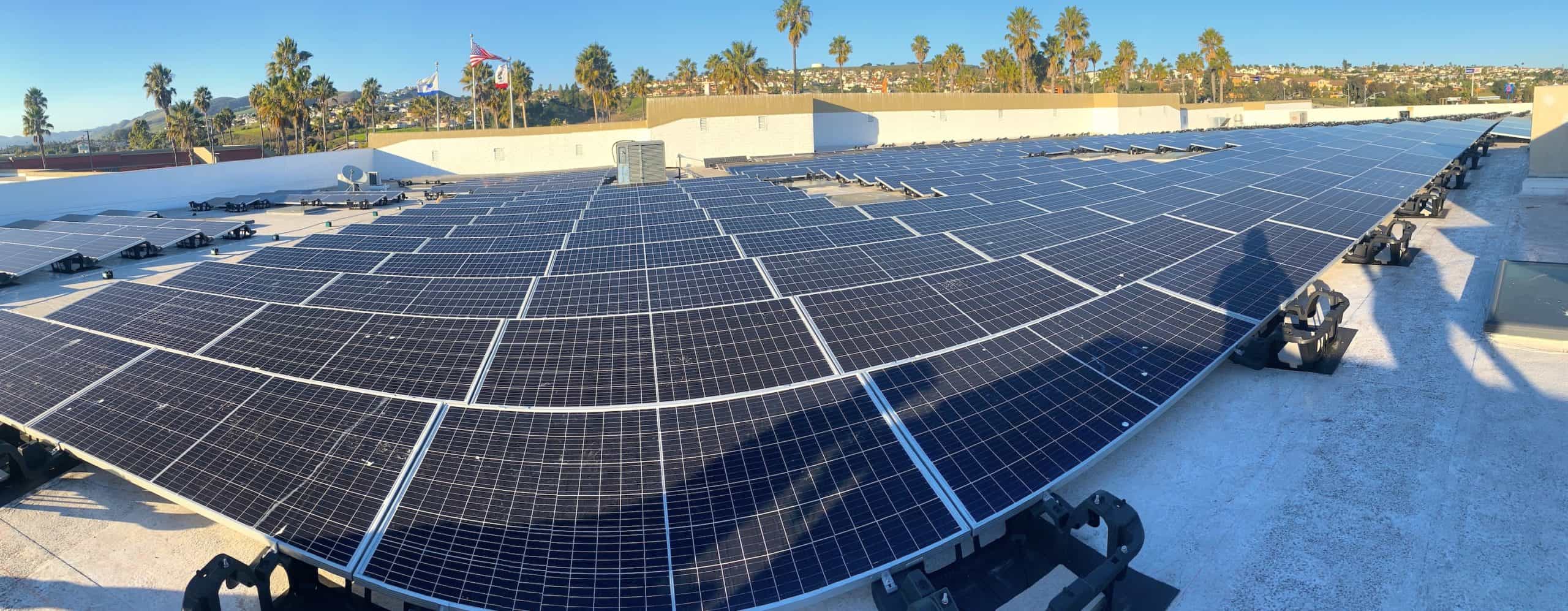How multiple businesses can benefit from a single solar program
Let’s say you own a business in a shopping center or office building. You are likely leasing the space and pay your own energy bill. Since you don’t own the building or control what goes on the roof, is solar an option for you? The obvious answer may seem like “no”, but, in fact, there is an approach that allows many businesses in a shopping center or office building to share the energy created by a solar program. This strategy is called Virtual Net Energy Metering, or VNEM.
How VNEM works
Virtual Net Energy Metering works as follows:
- A set of solar panels are installed on the roof of a multi-tenant building, like a shopping center or office building.
- The solar panels are connected to the power grid through their own VNEM power meter.
- The solar energy generated by the panels is sent to the power grid through the VNEM power meter.
- The solar energy measured through the VNEM meter can be applied as a credit against the energy usage on any energy meter located on the property, or on any adjacent parcel that has the same property owner.
An example: your neighborhood shopping center
Let’s think of this in terms of a neighborhood shopping center. Let’s say that the shopping center has 13 businesses in total: a grocery store, a drugstore, five retail stores, five restaurants, and a coffee shop.
This shopping center likely has at least 14 existing electrical meters (one for each business, plus one for common areas managed by the landlord).
A single set of solar panels can be placed on any portion of the roof of the shopping center. This solar installation will be connected to the power grid through a VNEM meter. This becomes a new meter, in addition to the 14 meters that are already in place.
As power is generated by the solar program, each kilowatt hour (kWh) that is generated is measured by the VNEM meter. At the end of each month, the kWh balance that is generated through the VNEM meter can be applied as credits against the energy usage of any of the other 14 meters in the shopping center.
Through this approach, all of the businesses in the shopping center can receive financial credit for a portion of the solar power generated through a single set of solar panels.
A shared program: all businesses can benefit
VNEM programs are designed so that many businesses can benefit from a single solar installation. A business of any size can participate, and it does not matter if energy usage has seasonal peaks since consumption is shared across many businesses.
VNEM is a key component of the strategy to make locally-generated solar power a possibility for shopping centers and office buildings where many businesses share a common space (and a common roof).
How to manage a VNEM solar program
The model is simple – a single solar installation that benefits many businesses seems like a win-win for everyone.
So, how do you make it happen?
The tricky parts of putting a shared VNEM program in place are the following:
- Investing in and financing the six or seven-figure solar program
- Managing the allocation of energy across businesses
- Maintaining the solar panels over time
Fortunately, there are partners like King Energy who work with multi-tenant commercial properties to make VNEM programs possible.
King Energy covers the full investment and financing process and provides software to manage the tracking and financial components of power allocation. This means that a VNEM program can be put in place with no cost to the property owner or tenants of the property.
King Energy maintains the solar panels over time and works with the utility to configure the allocation of power across participating businesses, creating a turnkey solution that makes solar power generation accessible for shopping centers and office buildings.

